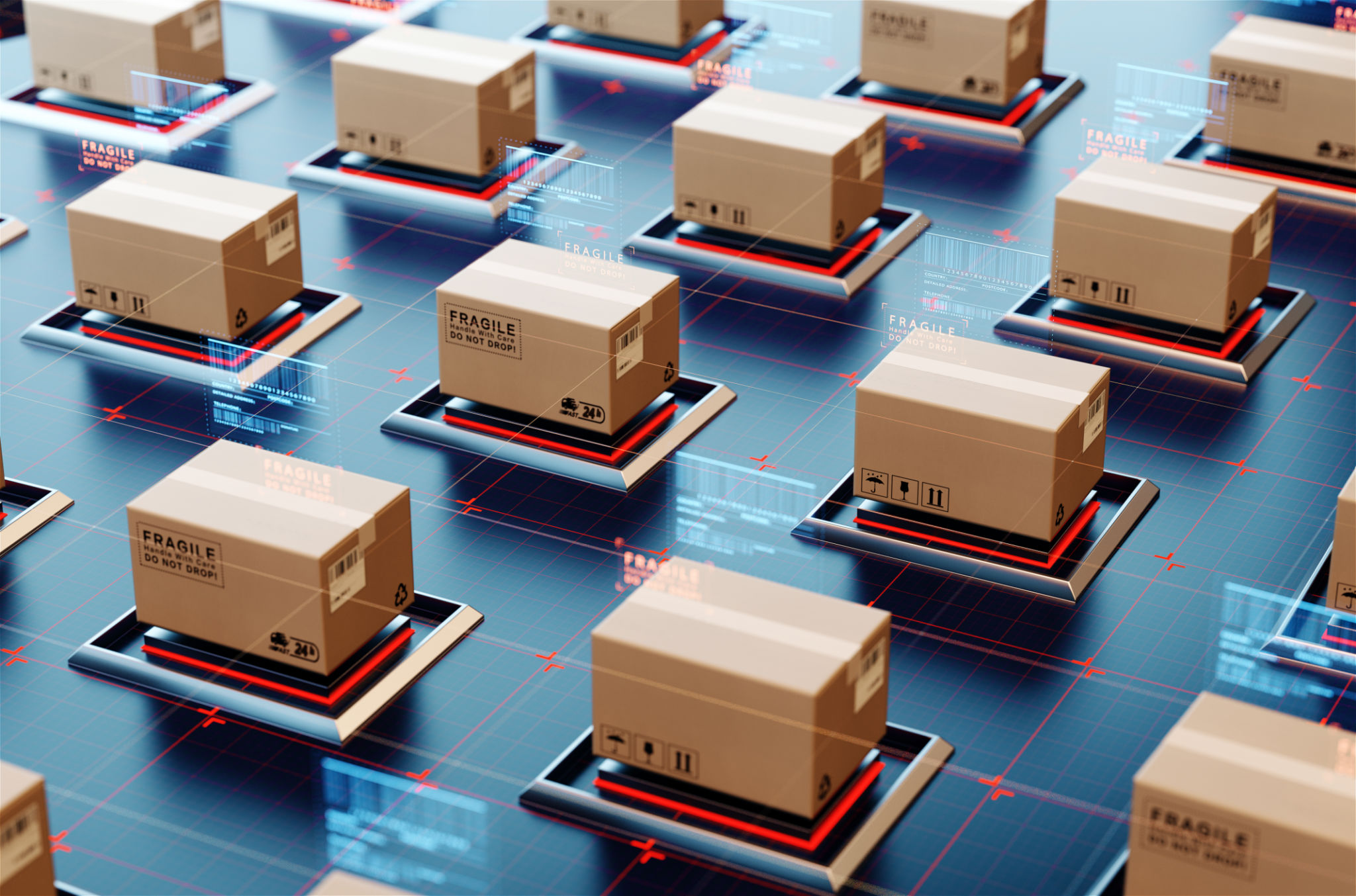Digitalization Trends in Logistics: Key Insights for Industry Leaders
Introduction to Digitalization in Logistics
The logistics industry is undergoing a major transformation as digitalization reshapes how operations are managed and executed. This evolution is driven by the need for greater efficiency, transparency, and real-time data access. Industry leaders are increasingly prioritizing digital solutions to stay competitive and meet the evolving demands of global trade.

The Role of Automation and AI
Automation and artificial intelligence (AI) are at the forefront of this digital revolution. From warehouse robotics to AI-powered route optimization, these technologies are streamlining operations and reducing human error. By adopting automated systems, logistics companies can significantly increase their productivity and reduce operational costs.
AI applications in logistics are not limited to automation alone. Predictive analytics, for example, helps in forecasting demand and managing inventory levels more efficiently. This not only improves supply chain responsiveness but also enhances customer satisfaction through timely deliveries.
Blockchain for Enhanced Transparency
Blockchain technology is emerging as a vital tool in logistics, offering unparalleled transparency and security. By providing a decentralized ledger, blockchain ensures that all parties involved in the supply chain have access to the same information, reducing the risk of fraud and discrepancies.

Blockchain's ability to create a tamper-proof record of transactions is particularly beneficial for tracking goods across borders. This transparency is crucial for ensuring compliance with international regulations and improving trust among stakeholders.
The Impact of IoT on Supply Chain Management
The Internet of Things (IoT) is another transformative force in the logistics industry. IoT devices, such as sensors and RFID tags, enable real-time tracking of goods throughout the supply chain. This level of visibility allows companies to monitor the condition and location of shipments, leading to improved inventory management and reduced losses.
By integrating IoT technology, logistics providers can proactively address potential disruptions, ensuring a more resilient supply chain. The ability to track assets in real time also enhances decision-making capabilities, leading to more efficient operations.

Adopting Cloud-Based Solutions
Cloud computing is playing a pivotal role in the digitalization of logistics by offering scalable and flexible solutions. Cloud-based platforms enable seamless data sharing across different departments and partners, fostering collaboration and efficiency.
Moreover, cloud technology supports advanced analytics and machine learning applications, providing valuable insights into operational performance. Logistics companies that leverage cloud-based solutions can gain a competitive edge by quickly adapting to market changes and customer demands.
Conclusion: Embracing the Digital Future
As the logistics industry continues to evolve, embracing digitalization is no longer optional but essential. Industry leaders must prioritize investment in cutting-edge technologies like AI, blockchain, IoT, and cloud computing to remain competitive.
The benefits of digital transformation extend beyond operational efficiency; they also include enhanced customer satisfaction and improved sustainability. By staying ahead of these trends, logistics companies can position themselves for long-term success in an increasingly digital world.